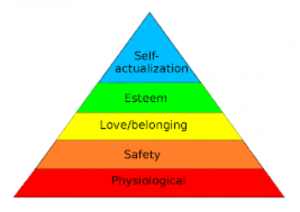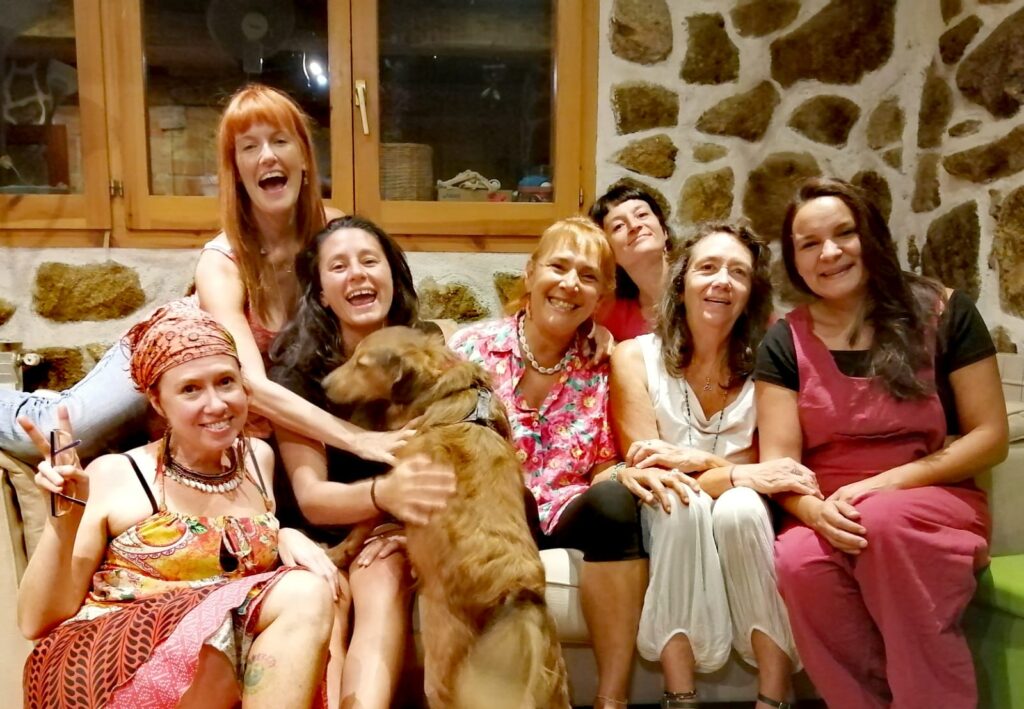Would you like to improve your relationships? On a scale of 1 – 10 how would you rate your current ones? Do you feel satisfied in this ever-so-important area of your life? Or do you feel it needs some attention? (I’m referring to all our interpersonal relationships here, not just your significant other…)
Are your relationships interdependent, harmonious, and fulfilling? Or are they often conflictive and unbalanced?
This theme seems to be very present these past couple of weeks in many of our lives. As though it’s asking to be seen and considered more consciously. Perhaps it has to do with the Libra New Moon, a kind of collective echo. I have witnessed it in the lives of my clients and loved ones and have been purposefully reflecting on it in my own life.
How and who we relate to shapes such a large part of our experience as humans
There is a whole section dedicated to this in my book, Lessons from the Storm, 7 Steps to turn Breakdowns into Breakthroughs. When we are going through difficulties in our life, our support system is crucial. Allowing others to be there for us without co-dependently expecting or demanding it, is a balance that many of us struggle to embody.
Wounds, Inner Child, and Dependence
It is so easy to neglect our own needs and then expect, hope, or demand (often unconsciously) that others meet them. This may show up in our lives in ways that can easily be confused.
Mental Health America defines Co-dependency as “an emotional and behavioral condition that affects an individual’s ability to have a healthy, mutually satisfying relationship. It is also known as “relationship addiction” because people with codependency often form or maintain relationships that are one-sided, emotionally destructive and/or abusive.”
Most of us experience some degree of co-dependency in our relationships. Some are closer to the co– while others the anti-dependent end of that spectrum. This factor, as well as the intensity of how we feel and react to it, is directly related to our wounds (childhood and past relationships). If we want to improve our relationships, it is a good idea to take a closer look at how we interact, especially our internal processes.
For example, imagine that you feel hurt and get angry with a friend for not being there for you during some important moment.
Is this because that friend is A) so caught up in her own life that she doesn’t have or make time for you B) you haven’t clearly communicated your needs to that friend C) you have an abandonment wound that is being triggered by your friend.
Usually, it is a bit of all of the above.
And often our wounded Inner Child experiences the above example as: A) I’m not important to her (not seen, valued, supported, loved) B) She should know how I feel OR How I feel doesn’t matter C) People can’t be trusted OR no one is ever there when I need them.

“All our relational problems arise out of a universal, core wounding around love that affects not only our personal relationships but the quality of life in our world as a whole.”
John Welwood, author of Perfect Love, Imperfect Relationships
Roles, Walls, and Projection
Many of us learned to take care of others as a way of receiving praise, validation, a sense of worth, in other words, love. This often happens in the case of the oldest sibling who throughout childhood was pushed into the role of taking care of the younger siblings (or in some cases, of the parents). Some even got caught in the role of saving others as a way to avoid having to face our own pain and take responsibility for our own lives.
Or, we have built up a thick wall of protection composed of fierce independence (AKA anti-dependence), fooling ourselves and others into believing that we don’t have time, energy, or real need for anyone else. We are just fine, better off in fact, on our own. Sometimes it’s a narcissistic type of mechanism. Narcissists fabricate a World that revolves entirely around themself, gazing at their own navel, with little care or regard for others. This protective mechanism can even show up as the aggressive, bitter, and blaming personalities that forcefully keep others at a distance.
It can be tricky to really see this within ourselves. Often, it plays out from the subconscious via habitual patterns and habits in our interaction. We may or may not be aware of it. There are many ways to begin to see the ways we project our Shadow onto each other if we want to. In order to do so, we must explore our Inner World with great care, curiosity and kindness, setting judgment aside.
Our conflicts with others can serve as the alarm that alerts us to these unconscious stories, beliefs, patterns, and tendencies. Our feelings of hurt, betrayal, and disappointment with others can point us to the places within that have been wounded and need tending to. This care needs to come, not so much by anyone outside of us, but first and foremost, by us. We need to become the parent to our wounded inner child. No one else can do that for us.
“Hiding behind our protections, denial, and addictive behaviors is a profoundly panicked and wounded part of us. Until we make friends with this frightened child inside, our life can never be a joyful and loving experience and we live in a state of co-dependency either in conflict, disappointment, or in isolation. But when we open to our wounded vulnerability and heal it, we bring love and fulfillment into our lives.”
Krishnananda Trobe, Face to Face with Fear, Transforming Fear into Love.

It is a widely known psychological fact that humans need one another, need social interaction, need to feel connected to each other. In Maslow’s Pyramid, the need for belonging and love is just above the physiological needs of food, water, safety, and shelter.
So, how can we improve our capacity for successful, mutually supportive, healthy, harmonious relationships?
Try taking an A,H.A moment to pause and reflect:
A.H.A Reflection to improve your relationships:
Awareness – Realizing that the challenges, misunderstandings, and conflicts that we experience in our relationships may be a call from within, from a wounded part of ourselves. Can I recognize the conflict as an opportunity for growth? Can I open up to explore and ask myself, what is being triggered within me and what does that part need from me?
Humility – Can I stop pointing my finger for a moment and consider my responsibility in the story? They say that when we are pointing our finger at another, there are 3 other fingers pointing back at us. Another way to say this is, “What John says about Mary tell us more about John than it does about Mary”. Can we pause to consider that it may not really be just THEIR FAULT? Even when all the evidence compiled by our Inner Judge and Jury suggests that we ARE RIGHT and the other is WRONG. Can we be humble enough to recognize that “it takes two to tango”? Conflicts are never one-sided.
Acceptance – Can I accept my own and the other person’s imperfect humanness? Can I forgive myself and the other for our wounds and reactions to those wounds? Even if we have been wronged or mistreated by another, can we still rise up enough to not convert them into “bad other” and to use the whole situation as an opportunity for mutual growth and healing?
May we use our imperfect relationships to lead us closer to a bigger, wider, deeper experience of love. May we co-create healthy, loving relationships therefore co-creating a harmonious, cooperative World. May we establish and communicate clear and compassionate boundaries which allow us to co-exist effectively with each other.


Very interesting to read and understand all these emotions that we feel inside and so difficult to identify and define how to manage them….how to behave and accept that all of us …that everyone has lots of darkness inside…I liked a lot this three important reactions A.H.A…important to know
Thanks a lot
Th